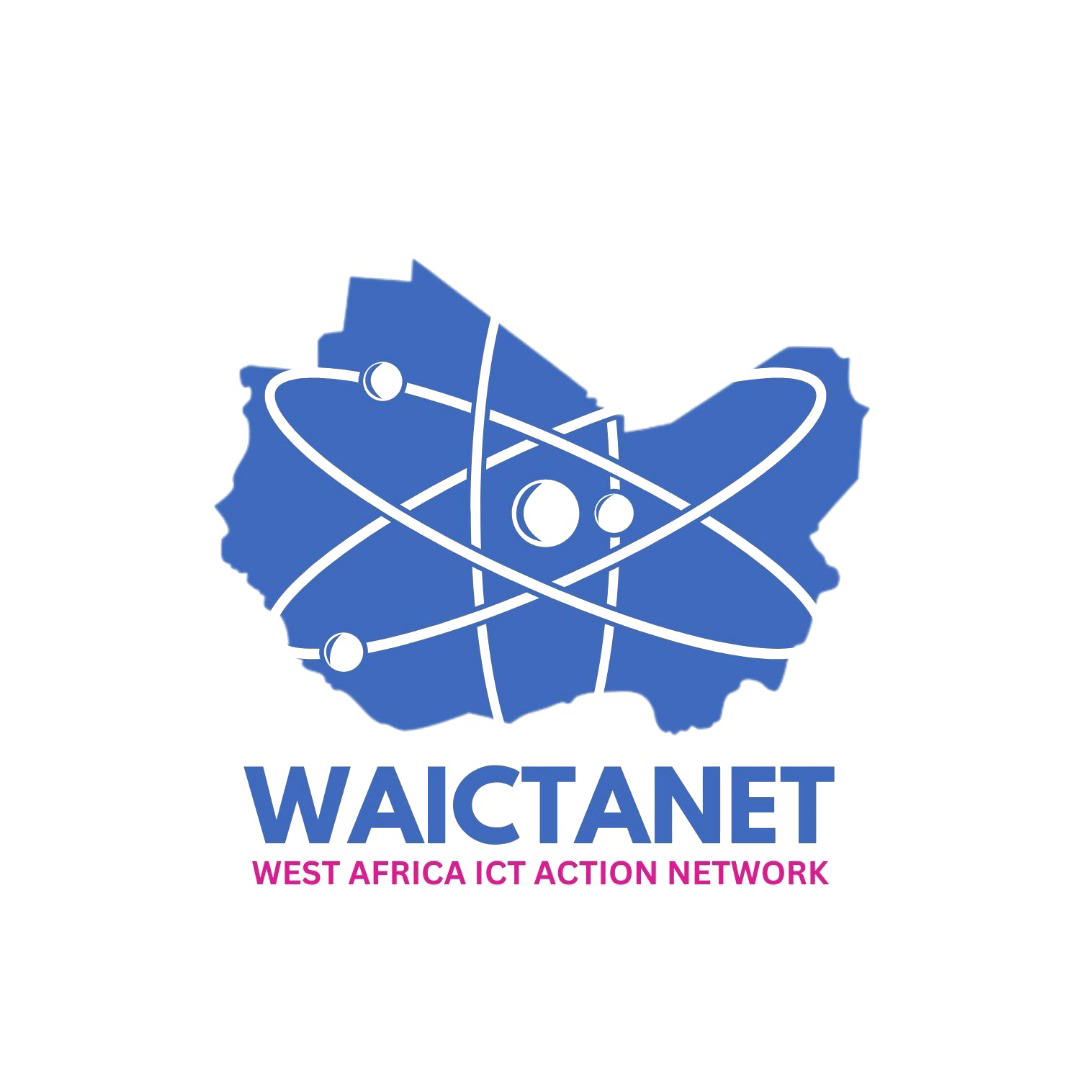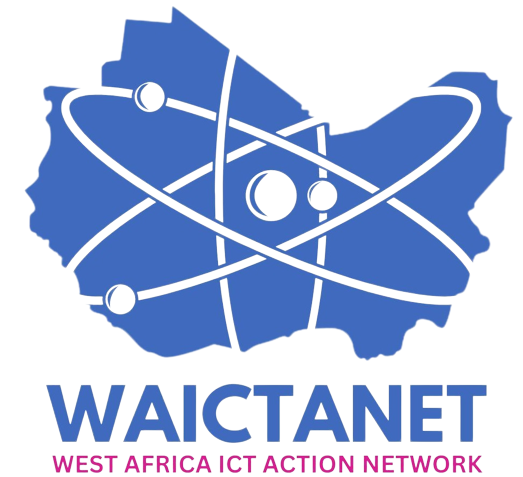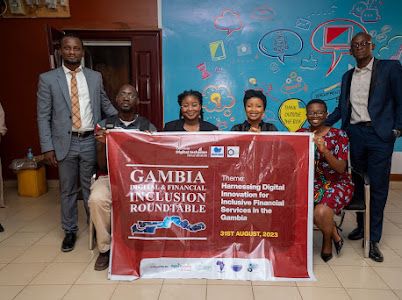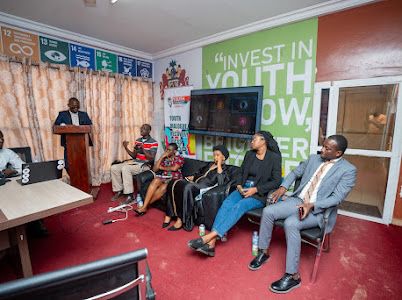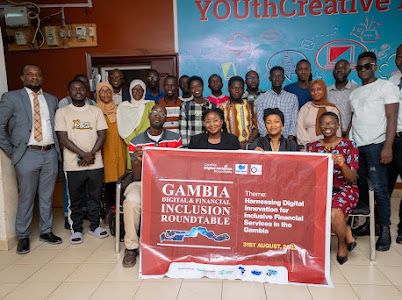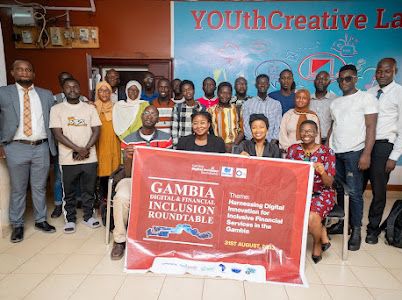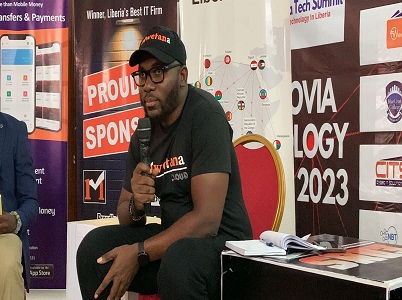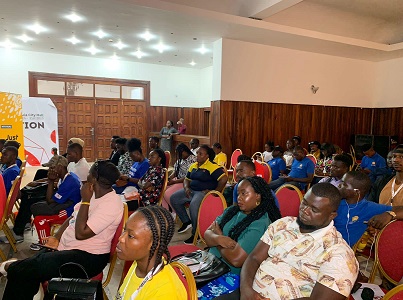Position Statement on the Impact of Limited Ground Station Infrastructure on Digital and Financial Inclusion in the MRU Region and Africa
The West Africa ICT Action Network (WAICTANet) recognizes Starlink’s ambitious efforts to bring high-speed satellite internet to West Africa, particularly in Ghana and Nigeria, as a potential game-changer for digital connectivity in regions where traditional infrastructure is limited or nonexistent. However, the current limitations in Starlink’s ground station infrastructure present significant challenges that could hinder the full realization of digital and financial inclusion goals in the Mano River Union (MRU) region and across Africa. With construction on ground stations only recently beginning in Lagos, and full operational capacity expected by the end of 2024, there is a risk that service gaps and connectivity bottlenecks may persist in the short term.
Peterking Quaye, Founder & Executive Director of WAICTANet, emphasizes the importance of a robust digital infrastructure that extends beyond urban centers to adequately support West Africa’s rapidly growing demand for reliable internet services. “While Starlink’s entry into the African market is a promising development, the concentration of service in highly populated areas like Lagos and Accra raises concerns about equitable access. For true digital inclusion, Starlink and similar providers must prioritize ground station expansion that serves both urban and underserved rural areas, enabling the satellite network to effectively bridge the digital divide,” Quaye stated. He further highlights the need for government involvement to ensure that the growth of satellite internet services aligns with national goals for digital inclusion and does not leave rural populations disconnected from essential online services, such as digital banking and e-commerce.
As high-speed internet becomes an increasingly crucial driver of economic development, the lack of sufficient ground station coverage threatens to exacerbate existing socio-economic inequalities. Without reliable internet, rural and underserved communities face barriers in accessing digital financial services, participating in e-commerce, and leveraging online educational resources—limiting both individual opportunities and overall regional economic growth. The MRU region, which includes economically vulnerable areas, would greatly benefit from a more inclusive approach to infrastructure deployment. In the absence of broader ground station coverage, urban-centric service provision risks leaving millions disconnected from the digital economy.
WAICTANet advocates for a strategic approach that incorporates consumer protection, ensuring that citizens’ right to equitable, high-quality service is upheld. Governments in the MRU region and across Africa must work with telecom regulators and service providers to establish policies that encourage infrastructure development beyond urban hubs. This includes enacting measures to protect consumers against issues like service throttling, data congestion, and quality inconsistencies that may arise from inadequate ground station support. By prioritizing consumer protection and enforcing accountability, governments can drive a more balanced and inclusive digital environment where high-speed internet is accessible to all, not just to those in major cities.
Through advocacy and strategic partnerships, WAICTANet is committed to advancing digital and financial inclusion for all. The lessons from Starlink’s rollout underscore the importance of collaborative efforts between private sector actors and public institutions to create resilient digital ecosystems that reach every community.
